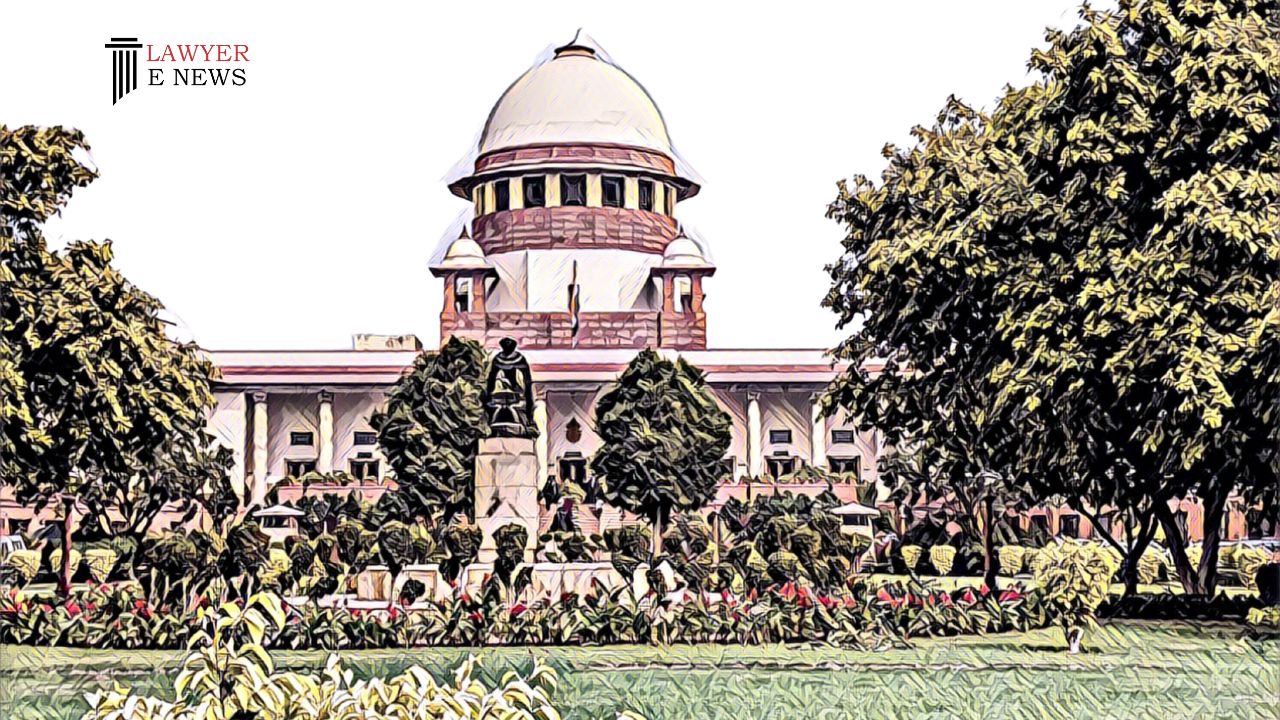-
by sayum
14 February 2026 2:22 PM



Supreme Court overturns High Court decision, ruling that vending rights do not equate to a sale of goods under the Income Tax Act.
In a significant judgment on July 8, 2024, the Supreme Court of India set aside the orders of the Karnataka High Court regarding the applicability of Section 206C of the Income Tax Act to Mysore Sales International Limited and the liquor vendors. The Court ruled that these vendors are not "buyers" within the meaning of the Income Tax Act and emphasized that the auctioned rights did not constitute a sale of goods.
Mysore Sales International Limited, a Karnataka government undertaking, entered the arrack trade in 1993. The company is engaged in manufacturing and bottling arrack, which is then sold to liquor vendors who obtain vending rights through auctions. These vendors, however, do not purchase the arrack directly but acquire the rights to retail it.
The Deputy Commissioner of Income Tax (TDS)-1, Bengaluru, had passed orders on January 17, 2001, under Section 206C(6) of the Income Tax Act, declaring that Mysore Sales should have collected tax at source from these vendors, treating them as "buyers" of arrack. These orders were upheld by both the Single Judge and Division Bench of the Karnataka High Court.
The Supreme Court extensively examined the applicability of Section 206C of the Income Tax Act, focusing on whether the liquor vendors could be considered "buyers" under the Explanation (a) to the section. The Court clarified that the auctioned rights were merely for retail vending and did not involve the sale of arrack.
The Court observed that the auction only conferred the right to vend arrack and not the arrack itself. "By the process of auction, excise contractors are only shortlisted and conferred the right to retail vend of arrack in their respective areas. It cannot be said that by virtue of the auction, certain quantities of arrack are purchased by the excise contractors," the judgment stated.
The Court delved into the principles of tax collection at source and emphasized that a "buyer" must be someone who receives specific goods through payment. "A buyer has to be a buyer of goods and not merely a person who acquires a licence to carry on the business," the judgment noted, citing precedent cases.
Furthermore, the Court stated, "The liquor vendors (contractors) who bought the vending rights from the appellant on auction cannot be termed as 'buyers' within the meaning of Explanation(a) to Section 206C of the Income Tax Act".Justice Ujjal Bhuyan, writing for the bench, remarked, "The first transaction is shortlisting of excise contractors by a process of auction for the right to retail vend. The second transaction, contingent upon the first, is obtaining of arrack for retail vending by the excise contractors on the strength of the permits issued post successful shortlisting following auction".
The Supreme Court's decision to set aside the High Court's orders reinforces a clear interpretation of tax obligations under Section 206C of the Income Tax Act, providing much-needed clarity for state-run enterprises and contractors in the excise industry. This ruling is expected to have significant implications on how tax is collected in similar scenarios across the country, potentially impacting future tax policies and administrative procedures.
Date of Decision: July 8, 2024
The Excise Commissioner, Karnataka & Anr. vs. Mysore Sales International Ltd. & Ors.
